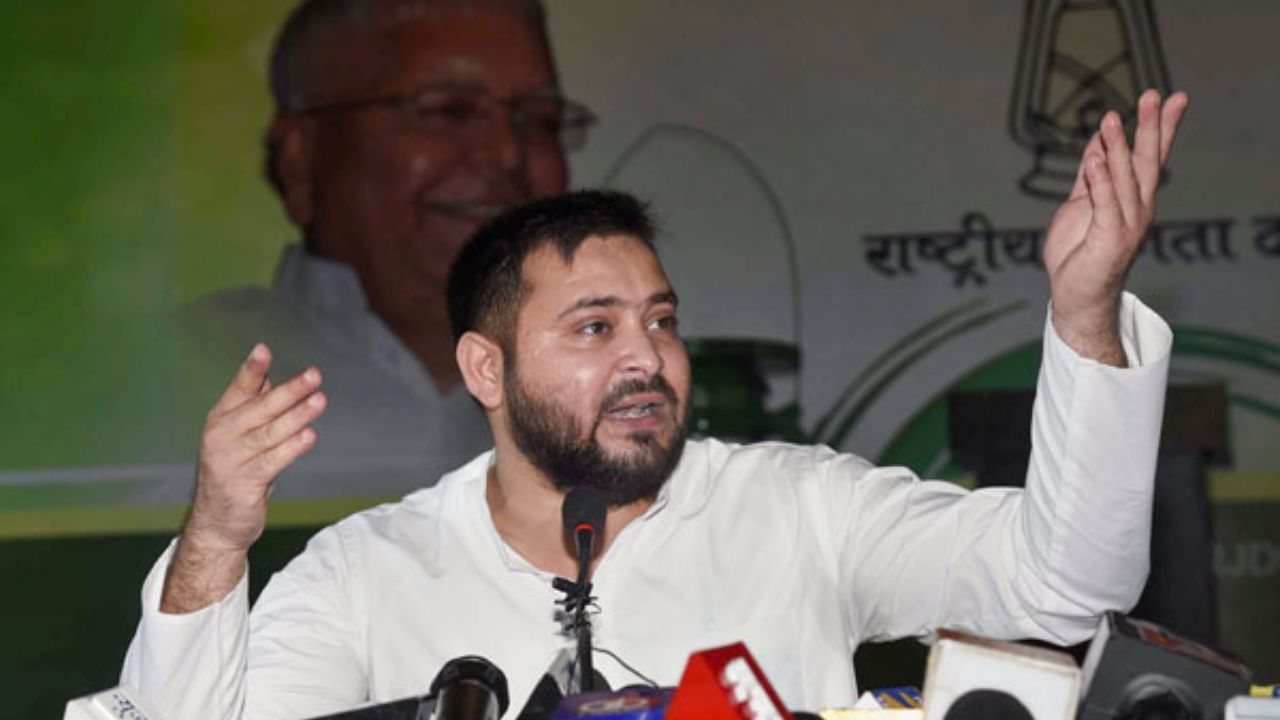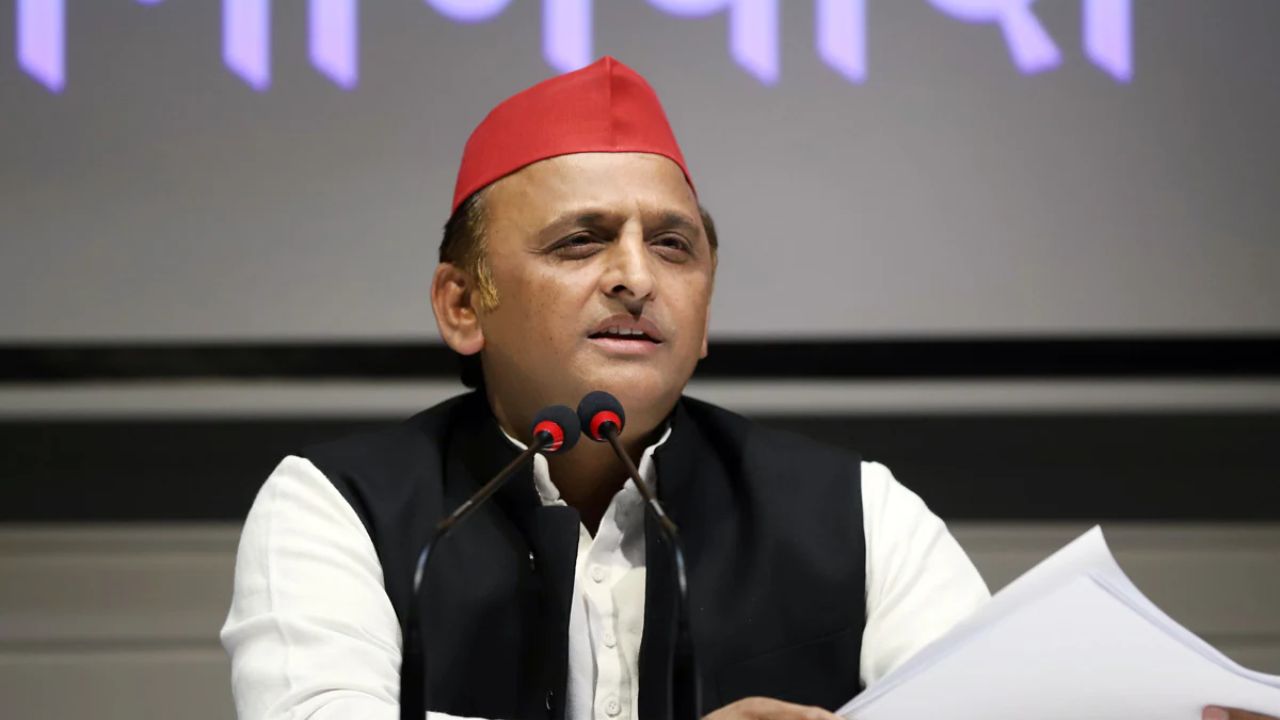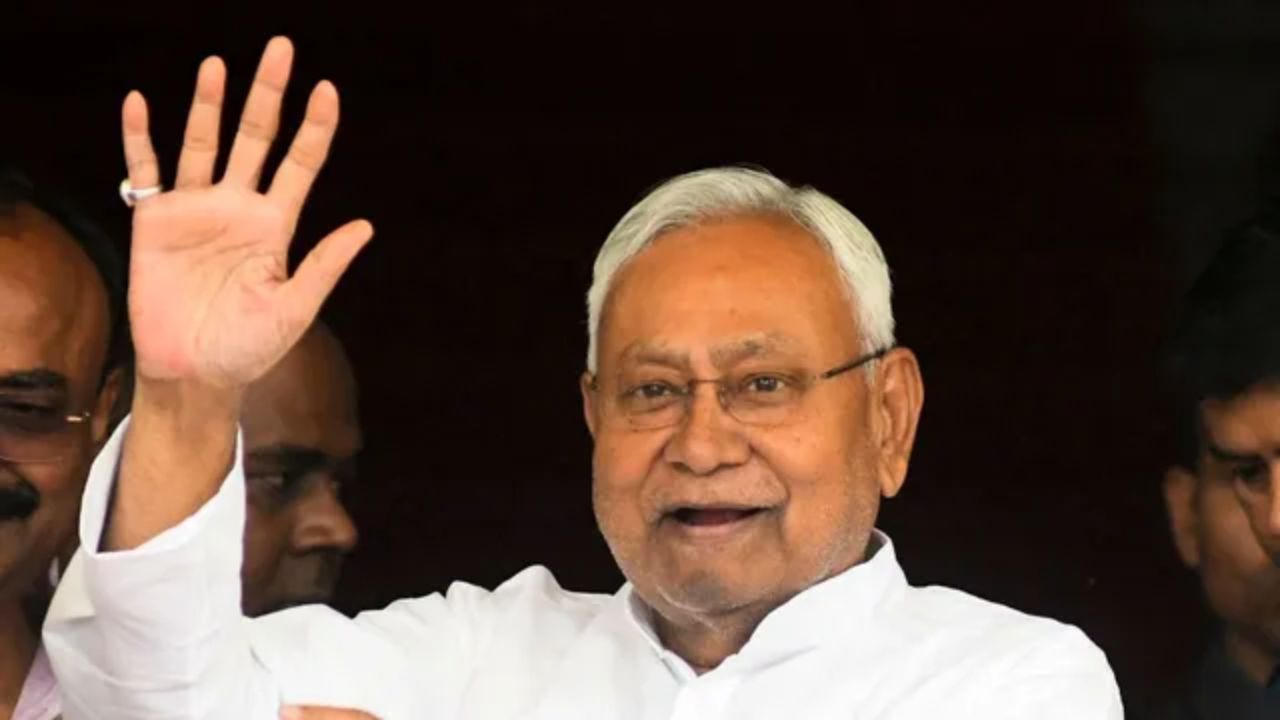Prashant Kishor Launches Jan Suraaj Party: A Closer Look at His 5-Point Agenda for Transforming Bihar
On Wednesday, exactly two years after initiating the Jan Suraaj padayatra in Bihar's West Champaran district, poll strategist-turned-activist Prashant Kishor officially launched the Jan Suraaj Party (JSP) in Patna. The party's first working president is

On Wednesday, exactly two years after initiating the Jan Suraaj padayatra in Bihar’s West Champaran district, poll strategist-turned-activist Prashant Kishor officially launched the Jan Suraaj Party (JSP) in Patna. The party’s first working president is former diplomat Manoj Bharti, who has served as India’s ambassador to four different countries.
During the launch event at Patna’s Veterinary College ground, Kishor unveiled a five-point agenda, emphasizing that education and employment would be the party’s top priorities. He acknowledged concerns about funding these initiatives, stating, “If we are voted to power, we will lift the liquor ban within an hour. We need approximately ₹5 lakh crore to overhaul the education system over ten years. Lifting the liquor ban could generate around ₹20,000 crore annually in excise tax, which can be directly invested in transforming the education sector.”
In addition to education, the new party’s agenda includes pensions for the elderly, soft loans for women, and land reforms.
Kishor criticized the current government, asserting that the state doesn’t require “empty slogans of special status.” He proposed that banks should allocate funds to the state in proportion to local deposits. “Last year, banks in Bihar received ₹4.61 lakh crore in deposits but only disbursed ₹1.61 lakh crore in loans, resulting in a poor credit-to-deposit ratio. If we raise this ratio to 70%, Bihar could access ₹2.5 lakh crore in loans for business development,” he explained.
He further alleged that banks in Bihar were investing in other states, contributing to the migration of local workers seeking employment elsewhere.
Addressing the needs of senior citizens, Kishor announced a plan to provide a monthly pension of ₹2,000 to each elder, costing an estimated ₹6,000 crore annually, which would be allocated separately from the annual budget. Additionally, he proposed offering loans to women entrepreneurs at a 4% annual interest rate, with the government subsidizing another 6%.
Kishor also criticized the Nitish Kumar government for the delay in a land survey that has been stalled for three months, highlighting the need for land reforms and new income opportunities from cash crops. He warned that the land survey could lead to family disputes and corruption.
For the upcoming 2025 Bihar Assembly elections, Kishor announced that the party’s candidates will be revealed in March. He shared plans to implement a selection process similar to that in the U.S., where candidates are chosen by the people rather than a small group of senior leaders. The nominated candidates will then engage with their constituencies, promoting the party’s policies and plans.
Additionally, Kishor introduced the idea of a “right to recall,” ensuring that non-performing elected representatives could be removed by their constituents if they fail to meet expectations during their term.
On Thursday, the party will establish a committee responsible for making policy decisions.
Who is Manoj Bharti?
Kishor reiterated that he will not hold a leadership position within the party. Instead, the president will be selected from various social groups on a rotational basis, starting with a Dalit leader. This will continue with representatives from the Extremely Backward Class (EBC), Other Backward Class (OBC), and general categories, promoting diversity and representation.
Manoj Bharti, a Dalit from Madhubani, holds degrees from IIT Kanpur and IIT Delhi. As a 1988-batch IFS officer, he has served as India’s envoy to Indonesia, Ukraine, and Belarus. Kishor clarified that Bharti’s selection as the working president was based on his talent and qualifications, not solely his Dalit identity.
Kishor emphasized that Jan Suraaj distinguishes itself from mainstream political parties by advocating for proportional representation within its organizational structure. “We will follow the latest caste survey. Since EBCs make up 36% of the population, we will ensure they have adequate representation. Our tagline is ‘Jiski jitni aabadi, uski utni hissedari’ (representation in proportion to population). Some may criticize us for discussing caste, but we are focused on inclusivity and drawing the best from all social groups,” he stated.
Regarding the party’s ideology, Kishor mentioned that its supporters include socialists, Communists, Muslims, and former RSS members. “Our ideology is rooted in the principles of humanity that Mahatma Gandhi and B.R. Ambedkar advocated,” he added, noting that both leaders will be featured on the party’s emblem as they prepare to submit an application to the Election Commission.
Several notable figures joined the party on Wednesday, including former MPs Devendra Prasad Yadav and Monazir Hasan, former MLC Rambali Chandravanshi, former IAS officer Anand Mishra, and others from various professional backgrounds.




